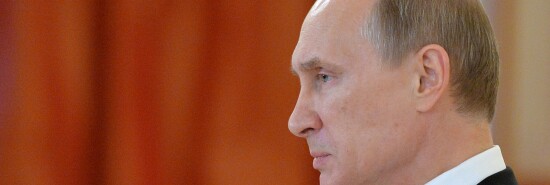
Russian disinformation was a non-factor in the 2016 election, new study shows
Timothy P. Carney
Donald Trump won the 2016 election because most of the voters in swing states preferred him over Hillary Clinton, who was possibly the most disliked major-party nominee in American history.
Video Embed
Democratic politicians and much of the media have refused to accept this fact. Their most common coping mechanism has been to say that somehow, Vladimir Putin — not the voters of Michigan, Pennsylvania, and Wisconsin —made Trump president. The latest evidence, however, indicates that that Putin’s disinformation campaign had approximately zero impact on the 2016 election.
Let’s walk through the various false beliefs Democrats hold about Russia and 2016.
Two thirds of Democratic voters in 2018 believed that Russia had literally hacked and stolen the 2016 election. This is probably because the news media had spent two years saying Russia had literally hacked and stolen the election.
Congressional Democrats spent two years peddling a slightly less crazy version of that story: that Trump colluded with Putin to spread disinformation and hurt Hillary Clinton. There was, of course, no collusion, as we know now.
Democrats then tried to cling to one final strand of consolation: Putin’s disinformation campaign had determined the election.
Robert Mueller said Russia “launched a concerted attack on our political system.” Jimmy Carter said, “I think the interference, although not yet quantified, if fully investigated, would show that Trump didn’t actually win the election in 2016. He lost the election, and he was put into office because the Russians interfered on his behalf.”
President Obama spent the weeks after the election warning us that disinformation threatened democracy, and major newspapers and news networks all dutifully set up “disinformation” beats. The House Intelligence Committee conducted an arduous investigation of Russian disinformation in 2016, with media outlets trumpeting the headline number that half of all Americans had been “exposed to Russia-linked propaganda on Facebook and Instagram.”
But this cope was all bogus. Russian disinformation during the 2016 campaign reached almost no voters and probably changed approximately zero votes, according to a recent study by six scholars hailing from European universities and NYU.
Most Facebook and Twitter users saw zero items of Russian disinformation in the weeks leading up to the election. As the scholars put it, “Median exposure to Russian foreign influence accounts in the last month of the election is 0 for all days.”
The Russian disinformation that made it through to voters made it through to a very small slice of voters. Seventy percent of the views were by 1% of social media users.
What’s more, the small slice that saw most of the Russian disinformation was overwhelmingly very partisan Republicans, according to this study.
Finally, the scholars tracked the political sentiments expressed by those exposed to Russian disinformation (which was a tiny portion of all the political content these individuals received) and found no evidence that their opinions were moved by this material.
As the scholar put it: “[W]e do not find statistical evidence in support of a relationship between exposure to posts from Russian foreign influence accounts and changes in respondents’ issue positions or perceptions of polarization.”
So there goes the last potential consolation for the journalist or Democrat who cannot accept that American voters chose Trump over Hillary.
